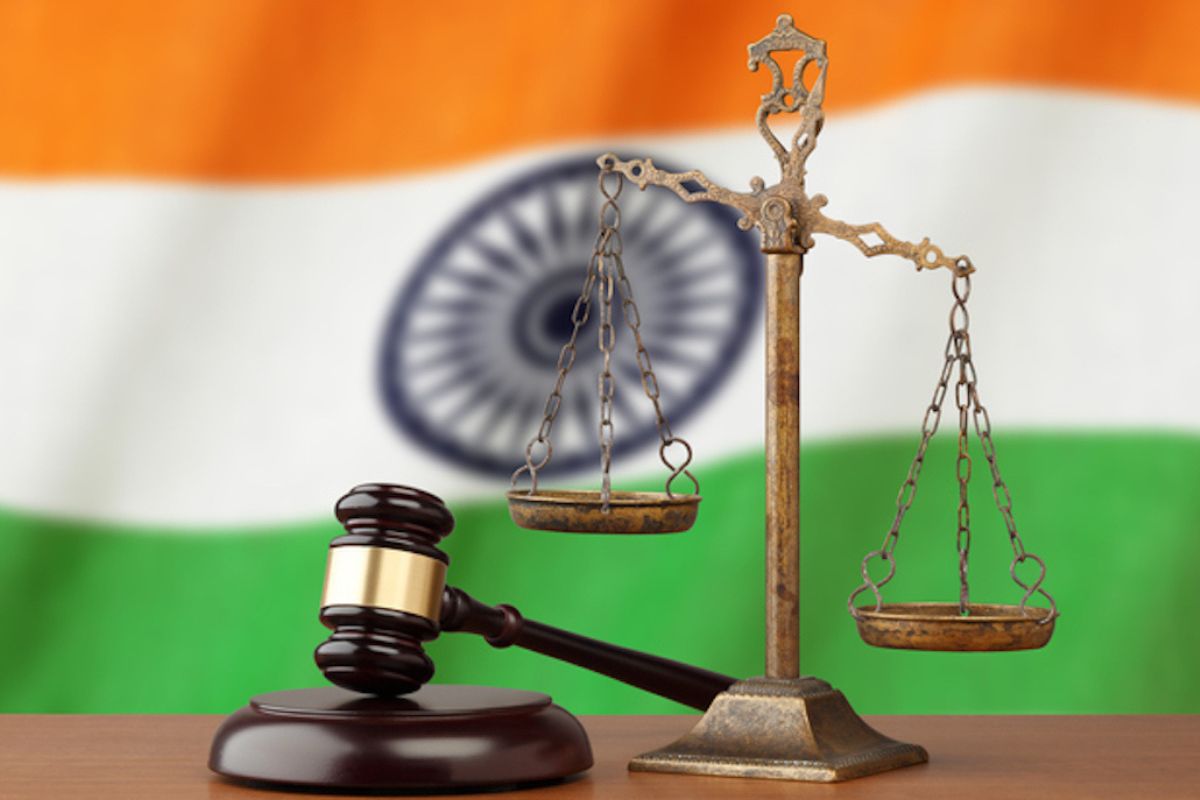Even as there is a debate about making sedition law harsher, let us understand what is this 153-year-old colonial law.
In a democratic society like India, the delicate balance between national security and freedom of expression is often put to the test. One such legal provision that exemplifies this tension is the Sedition Law. Introduced during the colonial era, Section 124A of the Indian Penal Code (IPC) defines sedition as any act that attempts to bring hatred, contempt, or disaffection toward the government of India. However, the interpretation and application of this law have been subject to debate and controversy.
Advertisement
The Sedition Law criminalises any speech, writing, or expression that is perceived to incite violence or create public disorder. Its intent is to safeguard the integrity and sovereignty of the nation. However, critics argue that it is often used as a tool to stifle dissent and curtail freedom of speech. They contend that the law is vague and open to misuse by authorities. It can lead to the suppression of voices critical of the government.
Over the years, the Sedition Law has been a topic of contention in various high-profile cases. Activists, journalists, and scholars have faced charges of sedition for expressing their opinions, criticising government policies, or advocating for the rights of marginalised communities. Critics argue that such actions impede the functioning of a democratic society and hinder the growth of a vibrant civil society.
What do supporters of sedition law say
Supporters of the Sedition Law maintain that it serves as a necessary deterrent against activities that threaten national security. They argue that in a diverse country like India, with its myriad of cultures, religions, and languages, maintaining unity and preventing the incitement of violence is of utmost importance. They claim that the law is essential to safeguard the constitutional fabric of the nation.
SC clarified criticism of govt is not sedition
In recent years, the Supreme Court of India has attempted to provide some clarity on the Sedition Law. In 2016, the court, while upholding the constitutionality of the provision, stressed the need for a careful interpretation of the law. It clarified that mere criticism of the government does not constitute sedition. Sedition can be only invoked if criticism incites violence or leads to public disorder.
Efforts have also been made to reform the Sedition Law. Several legal experts, human rights organizations, and civil society groups have called for its abolition or amendment. They argue for a more precise definition of sedition, limiting its scope to acts that directly incite violence or pose an imminent threat to national security.
Right now, India is grappling with its complex socio-political landscape. And finding a balance between preserving national security and upholding freedom of expression remains a significant challenge. The Sedition Law continues to be a point of contention. It raises important questions about the limits of dissent and the power of the state.











